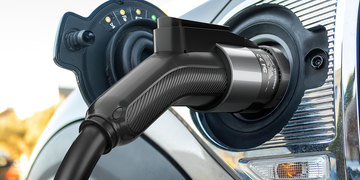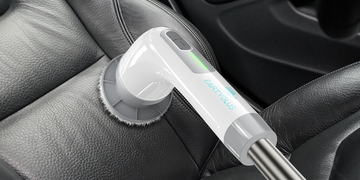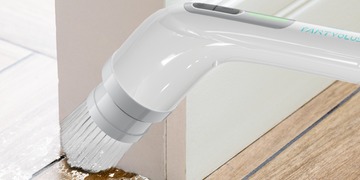Almost all electric vehicle brands are adopting Tesla's charging network. Is your EV on the list? A major shift in the EV industry is making charging ports a key factor when choosing which electric vehicle to buy, or for getting the most out of one you already own.
Can All Electric Cars Use Tesla Chargers? As electric vehicles (EVs) gain popularity, questions about charging infrastructure and compatibility become increasingly relevant. Tesla, a pioneer in the EV market, has established a vast network of Supercharger stations globally. A common inquiry among EV enthusiasts is whether all electric cars can utilize Tesla chargers. In this article, we'll delve into the factors influencing compatibility and examine the landscape of charging standards in the electric vehicle industry.
Understanding Tesla Superchargers:
Tesla Superchargers are high-power charging stations designed exclusively for Tesla electric vehicles. These stations employ a proprietary charging connector, distinct from industry-standard connectors such as CCS (Combined Charging System) or CHAdeMO.
Compatibility Challenges:
The primary challenge arises from the proprietary nature of Tesla's charging connector. Most electric vehicles, including those from other manufacturers, adhere to industry standards, ensuring interoperability among different EVs and charging networks.

Adapters and Solutions:
Tesla-to-CCS Adapters:
Some third-party companies have developed adapters to address compatibility issues. For instance, Tesla-to-CCS adapters allow certain non-Tesla EVs to connect to Tesla Superchargers, provided they have a CCS charging port. However, these adapters may have limitations, and compatibility varies depending on the specific EV model.
Industry Collaboration:
Another potential solution lies in industry-wide collaboration and standardization. Encouraging the adoption of common charging standards could enhance interoperability, allowing a broader range of electric vehicles to use charging infrastructure from different manufacturers.
Tesla's Stance:
Tesla's future decisions regarding opening its Supercharger network to non-Tesla electric cars could significantly impact compatibility. If Tesla were to adopt more universal standards or offer open access, it could potentially pave the way for greater interoperability.
The use of Tesla chargers by all electric cars is limited due to the proprietary nature of Tesla's charging connector. While adapters and potential industry collaboration offer glimpses of solutions, it's essential to stay informed about the latest developments in the dynamic electric vehicle landscape.
The tide turned in May 2023, when Ford became the first automaker to take Tesla up on its offer to build EVs with its charging port in 2025, with access to Superchargers beginning in 2024. Others followed: General Motors (GM), then Rivian, Volvo, Mercedes, Nissan, Honda, Jaguar, Hyundai, Genesis, Kia, the BMW Group, Toyota, Lexus, Subaru, and now Lucid.
Now that these brands have signed deals with Tesla, it seems true Supercharger access will only come for US drivers through direct agreements with manufacturers—not the federal government. The next decade will prove if CCS can hold on to a share of the pie, or if NACS will fully supplant it as the national standard, which is something the Society of Automotive Engineers is evaluating, Reuters reports.





